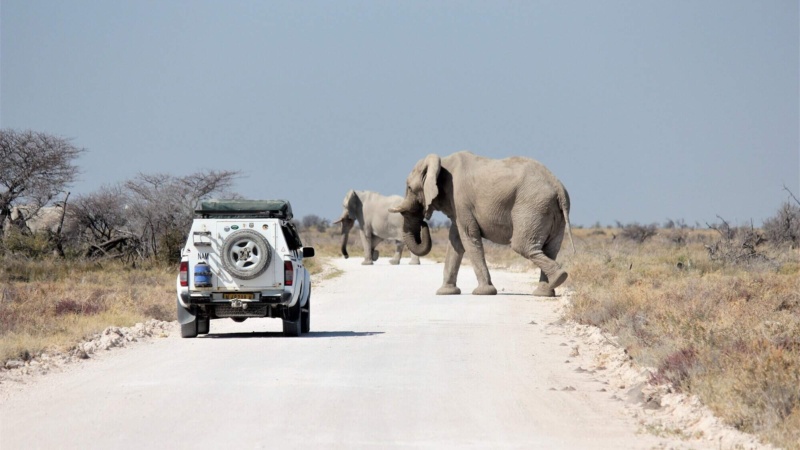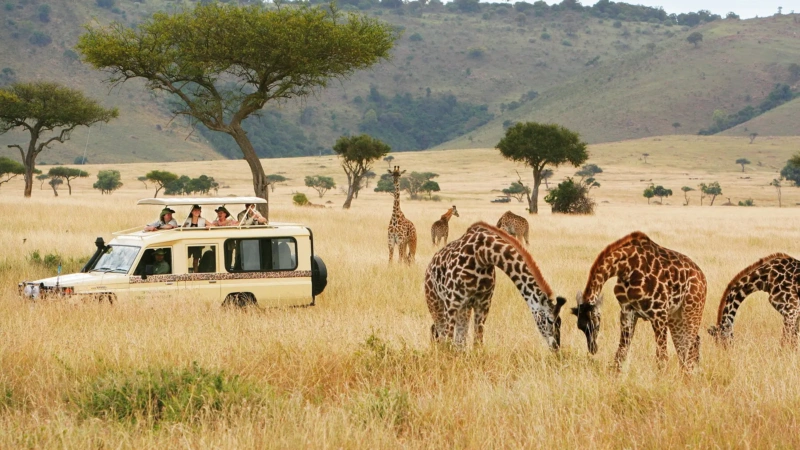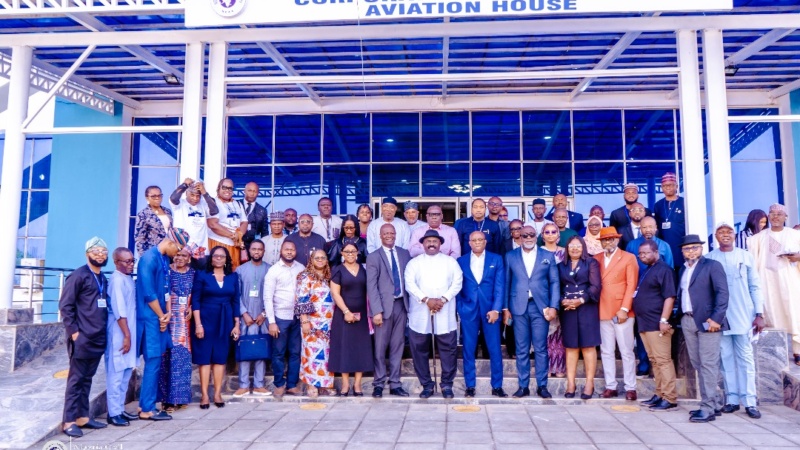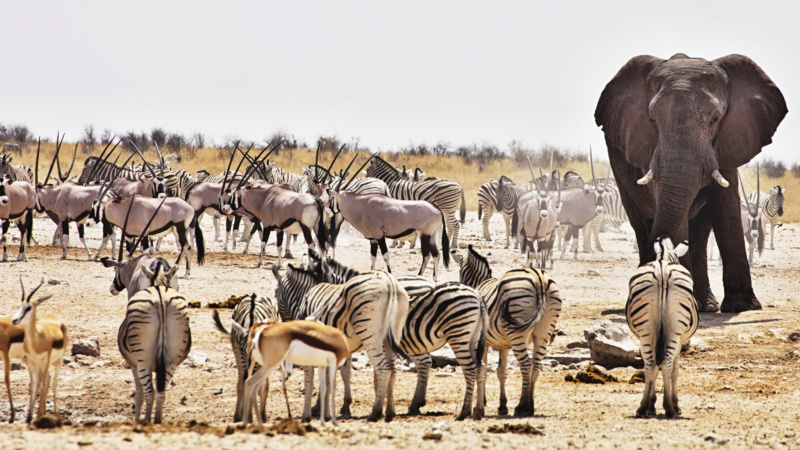What Challenges Do You Face in the Tourism and Travel Industry?
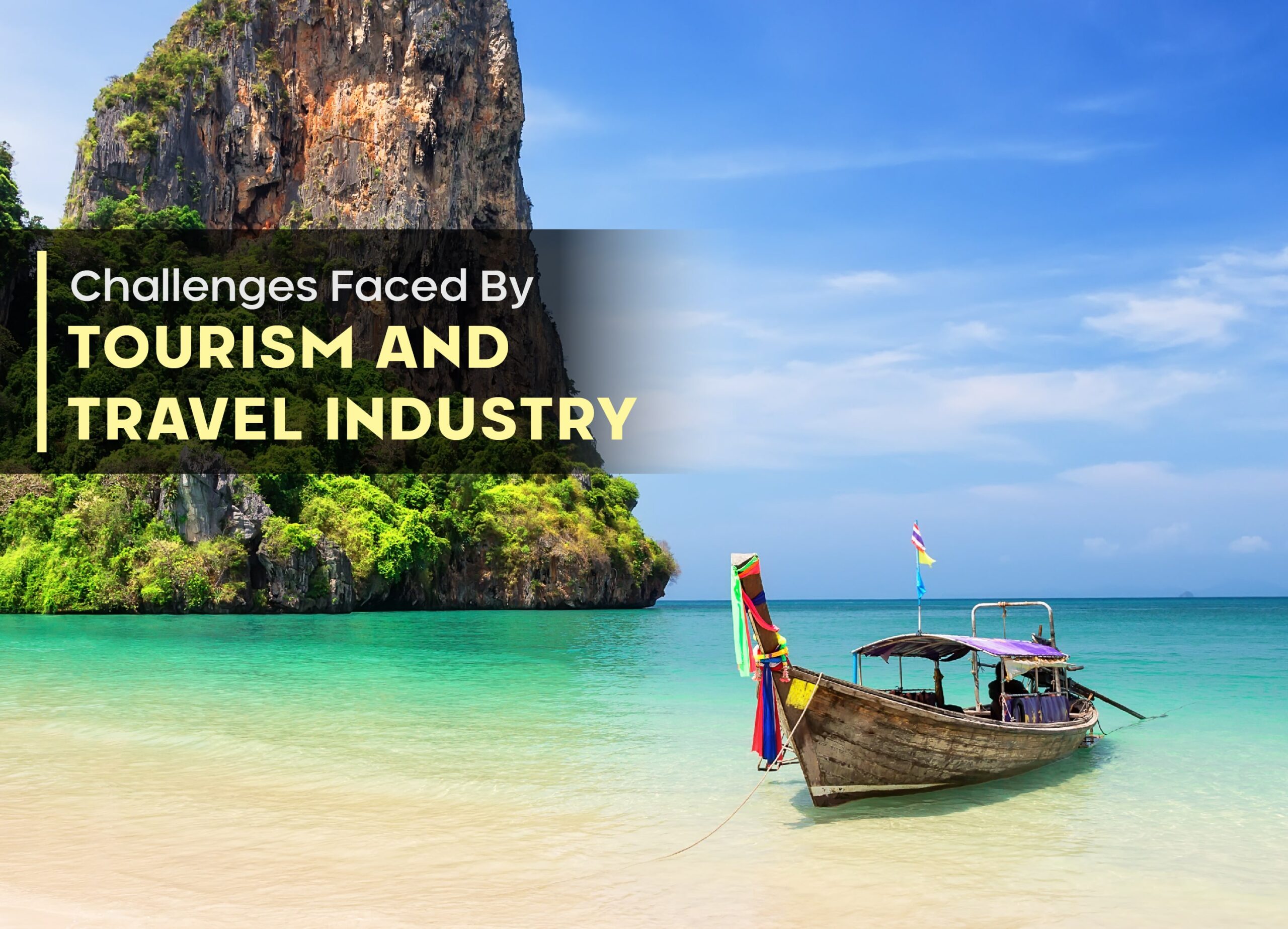
When do we realize that something is important? When we start losing it. The pandemic that struck the globe made us realize how fragile life is and how important a healthy environment is to leading a healthy life. Thus, the population is becoming concerned about the environment, which is giving unfathomable rise to sustainable tourism. Now, people are trying to remove digital barriers from their lives and are looking to enjoy life while it lasts. What’s a better way to enjoy life than to travel?
Henceforth, the tourism industry is seeing an out-of-the-blue boom. The travelers want the least participation in damaging the ecosystem and are more than ready to take all the steps to save and improve it.
This need to enforce the most sustainable tourism methods to reduce damaging environmental factors during travel is revolutionizing the travel industry, as it has become a challenge for them. The travel businesses have to adapt to the requirements of the tourists to overcome this challenge and stand out in this dynamic travel landscape. Further to this, it is their moral responsibility towards the universe as well.
Impact of Sustainable Tourism on Travel Businesses

A survey states that the tourism industry has an approximate share of 5.3% in total greenhouse gas emissions. Transport in the travel industry contributes 75% of this share, indicating that sustainable tourism is an opportunity for travel businesses to promote energy-efficient modes of transport. Comparing the current modes of transport, air transport is the mode that pollutes the environment the most. A less biosphere-harming alternative can wipe out a huge share of greenhouse gases. Complementing their efforts, the businesses also need to put in place educational programs focusing on the importance and approaches to natural resource conservation.
Planning and executing conceptual strategies like those mentioned above are crucial for sustainable tourism. When the tourism businesses play an effective part in this initiative, they will:
- Generate employment and a better quality of life for the locals.
- Have a significant hand in the reduction of global warming.
- Promote rich culture and heritage of communities.
- Contribute to local ecosystem conservation projects and drive positive change.
Talent Acquisition and Retention

Great people make great organizations and great organizations build stronger economies. The travel industry that caresses its customers by fulfilling their every single wish faces intense difficulty in retaining its employees. Talent acquisition is a talent itself and a greater talent is keeping those talents happy enough that they stay longer with you. The hospitality employees listen to employees’ grievances all day long. Stress is complementary to such a job role. This is the reason why employee engagement strategies are important in this industry. Through employee engagement, the industry can address the workforce issues and skills gap and build them into a resolution.
As the staff working in the different departments of this industry come from diverse backgrounds, who better than the staff itself to educate them about various local cultures and promote them? This can help run training sessions about different environmental conservation practices and also administer inclusion within the population.
Data Security and Privacy

Businesses are going digital in this digital era and so is the travel industry. Therefore, it is the industry’s responsibility to protect customer data and keep it private. Examples like a data breach of over 4000,000 personal records that happened with Air India, a data breach of about 600,000 drivers’ personal records in the US that happened with Uber, and a data breach of around 40,000 customer records that happened with Ticketmaster UK signify the need for immediate action against cyber security threats.
Although most travel businesses use third-party tools for their data needs, it is the business that is accountable for any kind of breach as per the General Data Protection Regulation (GDPR) compliance. On account of that, the business itself needs to govern its third-party dependencies to ensure the privacy of its customers.
Mergers and Acquisitions

The travel and hospitality industry runs predominantly on reputation. Be it a traveler from any part of the world, s/he would prefer to stay in a hotel with a high reputation. Considering that mergers and acquisitions help the tycoons in the industry adapt to the market dynamics and get through the competition. Additionally, this also helps the industry meet customer demands.
Real Capital Analytics (RCA) curated a report that signifies the industry experienced an upward trend in mergers and acquisitions, seeing an increase of USD 20 billion to USD 70 billion from 2009 to 2019.
Pioneer hotel groups like Jin Jiang Hotels Group, Accor Hotels, Choice Hotels, Marriot International and Wyndham Hotels & Resorts show active participation in industry consolidation trends and always take steps to satisfy their customers needs.
Sustainable Tourism and Travel Businesses Complement Each Other

Sustainable tourism impacts travel businesses to a great extent and vice versa. Only travel businesses can bring long-term sustainability to tourism by implementing effective practices. Complementing each other, sustainable tourism and travel businesses can change the sea waves to let the globe see a better future.

